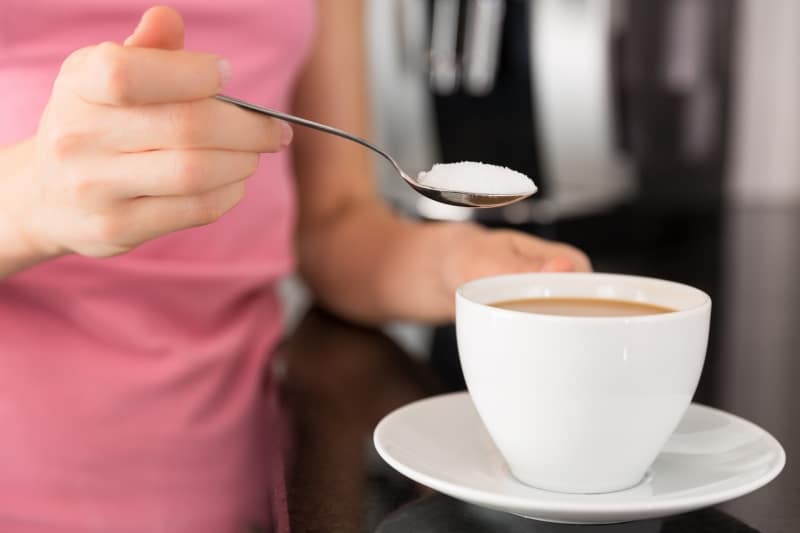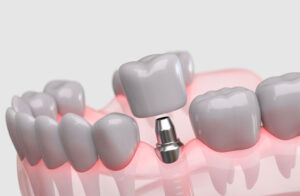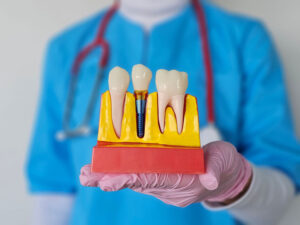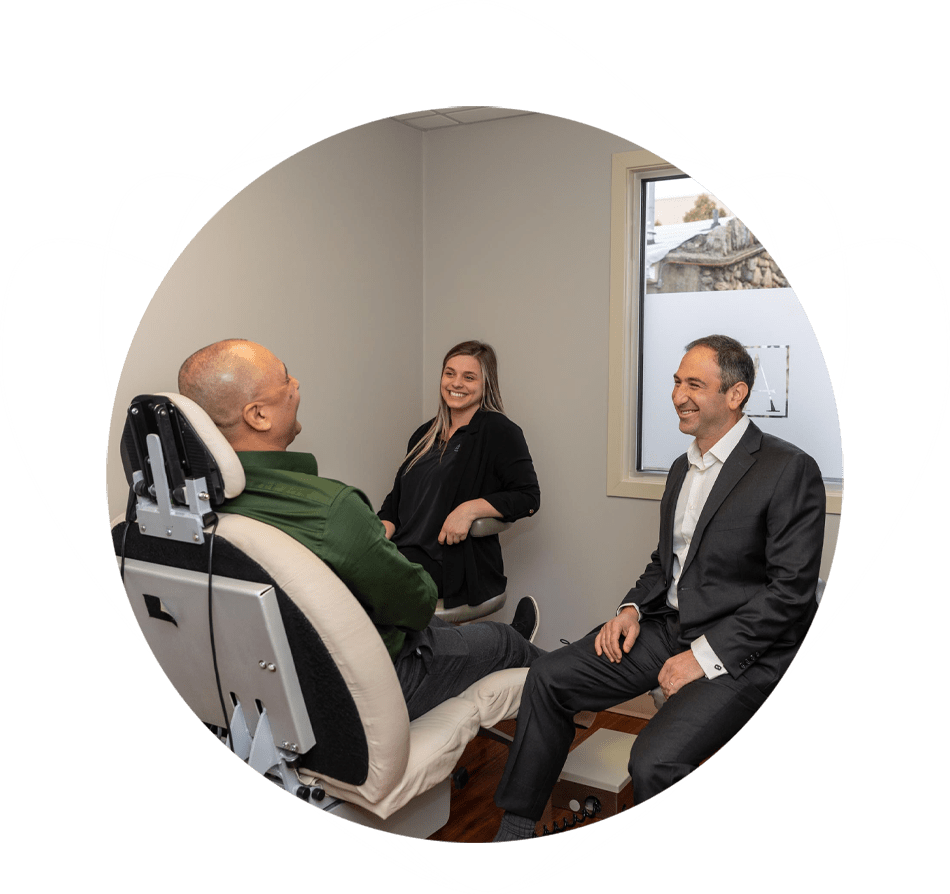Most of us have a hard time making it through our day without our daily cup of caffeine-laced beverage. Although coffee and tea can stain your teeth, they are, otherwise, potentially good for your oral health.
But the health value of coffee changes dramatically when you start adding to it. Some additives, like chicory root, can increase the antibacterial and protective effects of coffee. But other additives can be damaging for your teeth.
Survey Reveals Additives to Coffee and Tea
Researchers from the University of Illinois wanted to determine how much of potentially unhealthy additives go into our daily cup of go juice. To determine this, researchers looked at 12 years of data from the National Health and Nutrition Examination Survey (NHANES). This nationally representative survey is held intermittently to attempt to get a snapshot of health-related behaviors in the US.
In looking at the data, 13,185 adults reported drinking coffee in the 24 hours before the survey, and 6215 reported drinking tea. Extrapolating from this and other data, researchers have estimated that more than 160 million people in the US drink coffee and/or tea on a regular basis.
But few people drink their beverage neat. Instead, they add in numerous flavorings, many of which are not healthy for your teeth.
Sugar is, of course, the leading additive to coffee and tea. About two-thirds of coffee drinkers and one-third of tea drinkers add sugar in their coffee. How much sugar? Coffee drinkers add an average of nearly three teaspoons of sugar each day (41.3 Calories), compared to just over two teaspoons for tea drinkers (36.7 Calories).
Sugar in these beverages can be especially bad for your teeth if you’re sipping the beverage for hours. This creates a steady supply of food for oral bacteria that produce damaging acid.
But sugar isn’t the only addition. People often add milk, cream, and flavored syrups to their coffee or tea. Americans consume an average of 23 fat Calories in their coffee each day, compared to 3.7 Calories of fat in their tea.
How to Reduce the Sugar and Fat in Your Coffee
So how can you cut down these extra calories that are also threatening your teeth? There are a few simple steps to try.
Make your own: If you brew and prepare your own coffee or tea, then you have complete control of what’s in it. Avoid going to coffee shops and ordering flavored coffees, as these often have the highest levels of sugar.
Buy better coffee and tea: If you are unhappy with the flavor of coffee or tea, you’re more likely to try to improve the flavor with additives. Buying better coffee and tea will mean you enjoy it more–without sugar.
Make the switch: If you’re a coffee drinker, consider switching to tea. Tea drinkers, on average, use less sugar and cream.
Cut yourself off: When all else fails, put a limit on the number of cups of java or tea you have each day. Less coffee or tea will mean less sugar.
It’s simple lifestyle changes like these can make a big difference in your oral health. If you are looking for a Westchester County dentist to help you maintain or improve your oral health, please contact us today for an appointment at Advanced Dentistry of Mohegan Lake.
